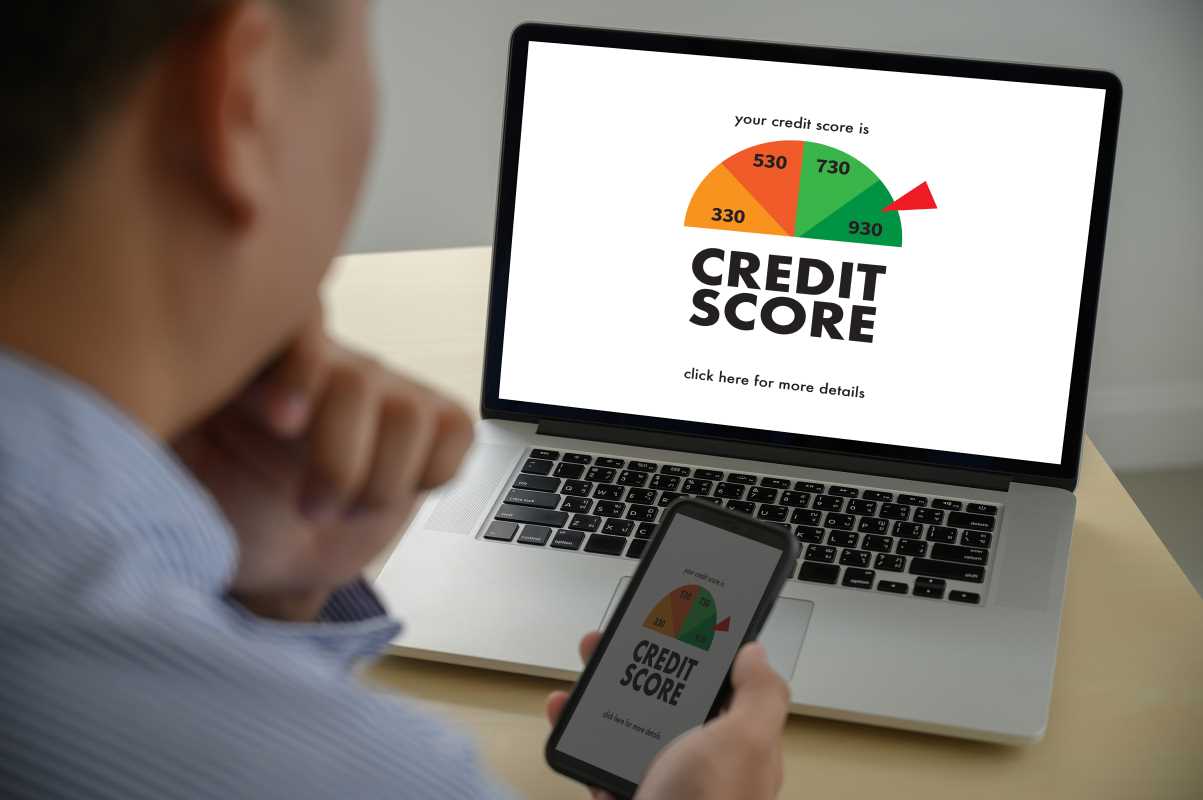The world of personal finance often seems to worship at the altar of the credit card. It's pitched as the essential, must-have tool for building a credit history. For many, the advice is simple: get a card, use it responsibly, and watch your credit score climb. But what if you're not interested in playing that game? Whether you're wary of debt, turned off by high interest rates, or simply prefer a different path, the idea that you need a credit card to build credit is a pervasive myth. It’s like being told the only way to get in shape is by joining a specific, expensive gym, when there are countless other ways to achieve the same goal.
The truth is, your credit report is designed to be a broad summary of your financial reliability, not just a record of your credit card habits. The credit bureaus are interested in one main question: if you borrow money, do you pay it back on time? A credit card is just one of many ways to demonstrate that behavior. By thinking creatively and leveraging other types of financial products and services, you can build a robust credit history from the ground up, all without ever swiping a piece of plastic. It requires a bit more intention, but it’s an empowering way to take control of your financial future on your own terms.
Leverage Your Regular Payments
You're already paying for a lot of things every month: rent, utilities, maybe a streaming service or two. Historically, these on-time payments have done absolutely nothing for your credit score. You could have a decade of perfect rent payments, but to the credit bureaus, it was as if it never happened. It was a frustrating system where you only got credit for borrowing, not for being responsible with your everyday expenses. Fortunately, the landscape is changing, and new services are emerging that allow you to get the credit you deserve for the bills you're already paying.
Services like Experian Boost, for example, allow you to link your bank account and get credit for on-time utility, cell phone, and streaming service payments. Similarly, a growing number of rent-reporting services can add your rental payment history to your credit reports. Your landlord doesn't even have to be involved in some cases; you can sign up for a service that verifies your payments and reports them for you. This is a game-changer for credit-builders, especially younger people or recent immigrants whose largest monthly expense is often rent. By reporting these payments, you’re adding positive payment history to your file, which is the single most important factor in calculating your credit score.
The Power of Credit-Builder Loans
If you're looking for a tool specifically designed to build credit, look no further than the credit-builder loan. The name says it all. It’s a bit of a backward loan, but in a brilliantly helpful way. Unlike a traditional loan where you get the money upfront and then pay it back, with a credit-builder loan, you make regular payments first. The financial institution holds the "loaned" amount in a locked savings account or certificate of deposit (CD) while you make monthly payments over a set term, typically 6 to 24 months.
Each of your on-time payments is reported to the major credit bureaus, building a positive payment history on your file. At the end of the loan term, the locked funds are released to you, often plus any interest earned. It's a forced savings program with a credit-building superpower. You demonstrate your ability to handle an installment loan responsibly, and you end up with a nice chunk of cash that you saved over time. It’s an incredibly low-risk way to add a positive tradeline to your credit report, diversify your credit mix, and prove your creditworthiness without taking on new debt.
More Tools for Your Credit-Building Kit
Beyond rent reporting and specific loans, a variety of other strategies and tools can help you establish or improve your credit profile. The key is to find legitimate services that report your activity to at least one, and preferably all three, of the major credit bureaus: Experian, Equifax, and TransUnion. Building a strong file involves creating a consistent record of responsible financial behavior across different types of accounts.
Thinking outside the traditional credit card box opens up several effective avenues. Here are some smart strategies and tools to consider adding to your financial plan:
- Secured Loans: Similar to a credit-builder loan, you can often take out a loan secured by your own savings. You deposit a certain amount into a savings account or CD, then borrow against it. Your on-time payments are reported to the bureaus, and since the loan is secured by your own cash, it's very low-risk for the lender and easy to get approved for.
- Become an Authorized User: If you have a trusted family member or friend with a long history of responsible credit card use, you can ask to be added as an authorized user on their account. Their positive payment history and low credit utilization can appear on your credit report, potentially giving your score a significant boost. Just be sure you trust the primary cardholder to continue their good habits!
- Report Your "Buy Now, Pay Later" Plans: Some "Buy Now, Pay Later" (BNPL) services, like Affirm, have started reporting payment history to credit bureaus. If you use these services for a purchase, making your payments on time can help build your credit file. Be sure to check the specific provider's policy, as not all of them report.
- Use a Secured Credit Card (Sparingly): While the goal is to avoid traditional credit cards, a secured card can be a useful stepping stone. It requires a cash deposit that becomes your credit limit, eliminating the risk of overspending. You can use it for one small, recurring purchase each month (like a coffee subscription), pay it off immediately, and benefit from the positive reporting without falling into the debt trap.
The Tried-and-True Installment Loan
One of the most traditional ways to build credit is through an installment loan, a loan with a fixed number of payments over a set period. This category includes auto loans, student loans, mortgages, and personal loans. While you should never take on debt solely for the purpose of building credit, if you already need a loan for a car or education, managing it responsibly is a fantastic way to build a strong credit history. Your payment history on these loans is a major component of your credit score.
Making consistent, on-time payments on an installment loan demonstrates to lenders that you are a reliable borrower who can handle a significant financial commitment over the long term. It also helps with the "credit mix" portion of your score, which accounts for about 10% of the FICO model. Having a healthy mix of both revolving credit (like credit cards) and installment credit is seen as a positive signal. Even if you choose to forgo revolving credit entirely, having a well-managed installment loan on your report proves your ability to manage debt effectively, making you a more attractive candidate for future loans, such as a mortgage.
Keep an Eye on Your Progress
Building credit is not a "set it and forget it" activity. No matter which methods you choose, it's essential to monitor your progress and ensure your responsible habits are being accurately reported. You are legally entitled to a free copy of your credit report from each of the three major bureaus once every 12 months through AnnualCreditReport.com. Many banking apps and personal finance websites also offer free access to your credit score and report summaries on a more frequent basis.
Regularly reviewing your reports allows you to check for errors, which are surprisingly common and can unfairly drag down your score. It also lets you see the impact of your efforts in real time. Seeing your score tick upward as your on-time payments are added to your file is incredibly motivating. It confirms that your strategy is working and encourages you to stay the course. By staying engaged with your credit profile, you transform from a passive bystander into an active manager of your own financial reputation, building a foundation of creditworthiness that will serve you for years to come.
 (Image via
(Image via





